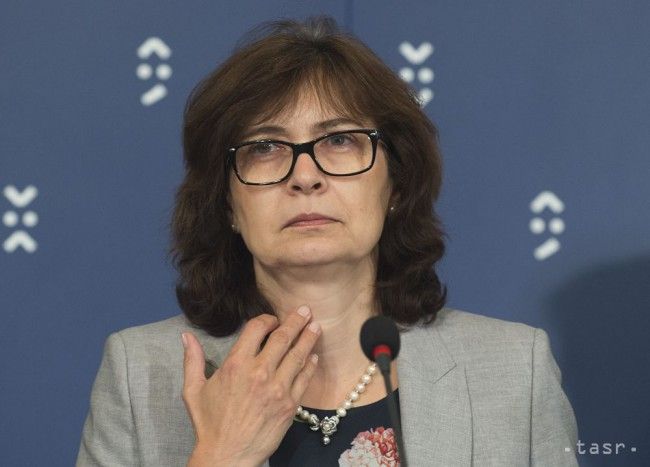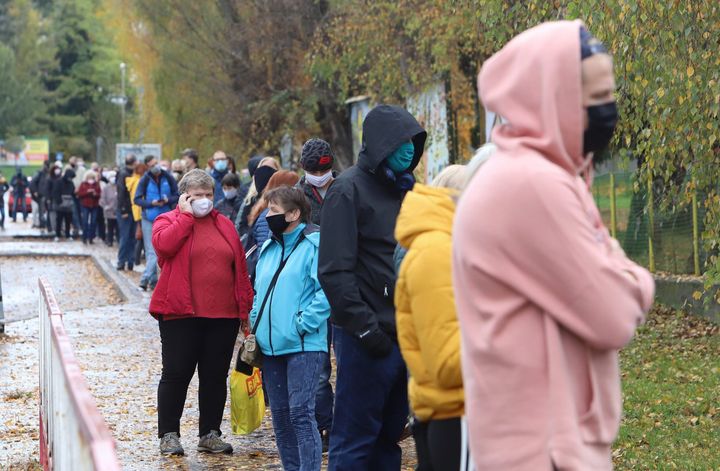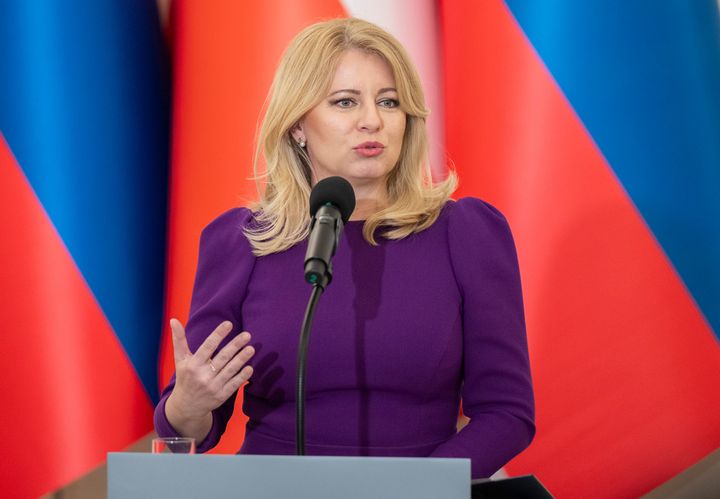EU Justice Ministers Agree on Need to Suppress Radicalism

Bratislava, August 23 (TASR) – EU justice ministers on Tuesday announced that all EU-member states are prepared to do everything in their powers to suppress and marginalise the increasing radical and extremist powers.
Justice ministers are taking part in a two-day ministerial conference on the occasion of the European Day of Remembrance for Victims of Totalitarian Regimes that is marked for August 23.
Slovak Justice Minister Lucia Zitnanska reported that the pivotal theme of the conference is to facilitate a discussion about the problem of the growing radicalism in Europe, to exchange experiences from the tackling of this phenomenon and to identify further measures at European level aimed against the radicalisation.
Participants have expressed their determination to always protect democracy, rule of law and human rights and to prevent extremist tendencies and opinions from entering into politics as they might endanger the principles of law and democracy.
“The problem of current Europe isn’t just an economic or a security one, but it also rests in the growing inclination of a part of population to anti-systemic and extremist entities,” said Zitnanska in her speech at the conference.
“It’s important to talk about these issues and to search for solutions in order to prevent the events of the past century from happening, when similar external and internal factors led to the emergence of totalitarian regimes at a more or less tacit agreement of the democratic majority,” she added.
Ministers have identified the main reasons of these extremist tendencies to be the poverty and ghettos, where are concentrated people of the same religion, belief and mind, who cannot follow their ambitions in the given state of affairs.
European Commissioner for Education, Culture, Youth and Sport Tibor Navracsics is taking part in the conference as well. Navracsics said that radicalisation of society and extremism are complicated phenomena. “While justice ministers can tackle these problems via law enforcement mechanisms, the education can address the challenges of the future,” reminded the Hungarian eurocommissioner, adding that the education system in Europe should be set in such a way as to make democratic values attractive for future generations.



